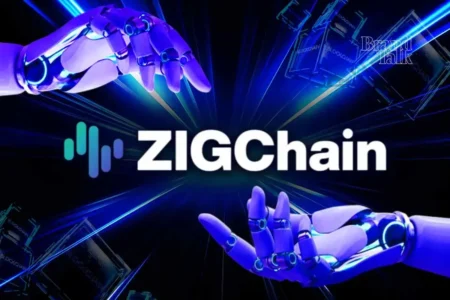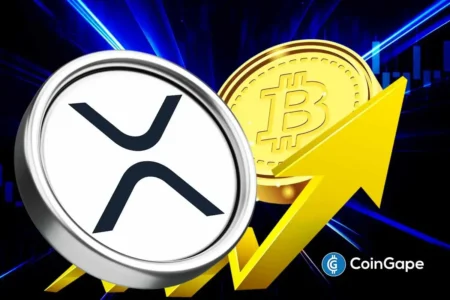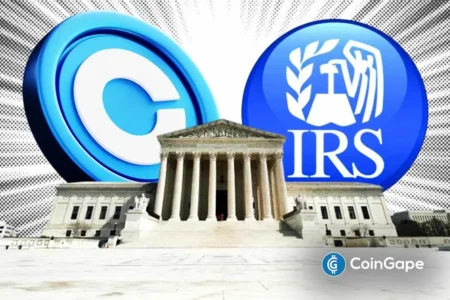SEC Delays Decision on Staking for Bitwise Ethereum ETF: What Investors Need to Know
The U.S. Securities and Exchange Commission (SEC) has announced a delay in its decision regarding the inclusion of staking in the Bitwise Ethereum Exchange-Traded Fund (ETF). This development follows extensive discussions among Bitwise, NYSE Arca, and various regulatory bodies. Initially, the SEC approved the ETF to hold Ethereum directly, but Bitwise proposed integrating a staking feature, which allows Ethereum holders to lock their assets to support network security while earning rewards. This delay raises questions about the SEC’s appetite for potential risks associated with staking within ETFs.
The Importance of Staking in Ethereum ETFs
Staking has emerged as a lucrative opportunity for Ethereum holders who wish to augment their income. By locking up their coins, individuals can participate in network validation and earn new coins as rewards. Bitwise argues that incorporating staking into its Ethereum ETF could significantly enhance returns for investors, thus making the fund more appealing to a broader audience, including both retail and institutional investors. As the demand for different investment options in cryptocurrencies grows, the integration of staking could mark a pivotal moment for Ethereum ETFs.
SEC’s Concerns Over Risks
Despite the potential benefits, the SEC remains cautious. Officials are apprehensive that staking within an ETF could lead to conflicts of interest or increased risks for investors. Concerns over fraud and unfair trading practices have prompted the SEC to launch a new review of the ETF proposal as of June 30, 2025. The commission is seeking to ascertain whether staking activities could jeopardize investor security and the overall integrity of the ETF. These considerations underline the delicate balance regulators must maintain between fostering innovation in the crypto space and ensuring investor protections.
Request for Public Input
In addition to its review, the SEC has opened the floor for public comments regarding the Bitwise ETF staking proposal. This initiative aims to gather diverse opinions as part of its decision-making process. Many investors are eager for additional avenues to access Ethereum, particularly those who prefer not to hold the cryptocurrency directly. The SEC’s call for feedback could provide valuable insights that shape its final decision. Investors are encouraged to share their thoughts, as this could influence the future landscape of staking within ETFs.
Impact on the Future of Staking in ETFs
The outcome of the SEC’s review and public comments will cement the status of staking in Ethereum ETFs. Should the proposal receive approval, it may inspire other fund managers to consider similar offerings. Meanwhile, cryptocurrency market enthusiasts are closely watching developments in this area. The approval of spot Bitcoin and Ethereum ETFs last year marked significant progress, yet the complexities surrounding staking have kept it a contentious issue. If staked Ethereum ETFs gain traction, this could signal a shift in the regulatory landscape and open new opportunities for crypto investors.
Upcoming Competitors in the Market
On a parallel note, Gregory King, CEO of Rex-Osprey, has announced that his company’s Solana staking ETF is set to launch on July 2. This development underscores the increasing interest in staking ETFs across various cryptocurrencies. As firms like Rex-Osprey move forward with their staking initiatives, the SEC’s response to Bitwise’s proposal may set a precedent that affects multiple players in the market. Observers can anticipate potential shifts in strategies among cryptocurrency firms, depending on the regulatory acceptance or rejection of staking in ETFs.
In conclusion, the SEC’s delay in deciding on Bitwise’s Ethereum ETF staking proposal illustrates the careful scrutiny regulators apply to this burgeoning sector. As the landscape of cryptocurrency investments evolves, stakeholders continue to grapple with the implications of staking, highlighting the ongoing tension between innovation and regulation. Investors should remain vigilant as they await the SEC’s eventual decision and consider how it will affect their strategies in the world of cryptocurrency investments.

















